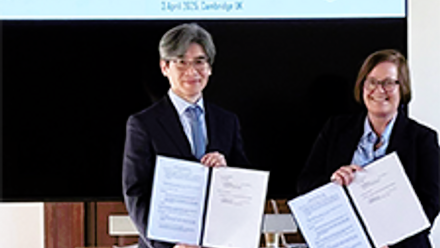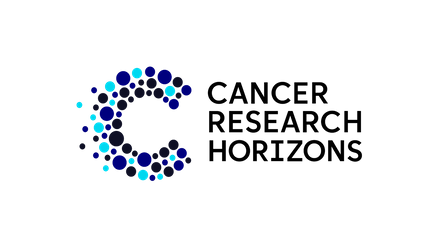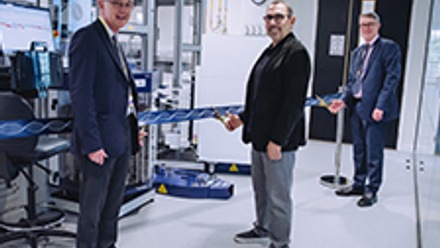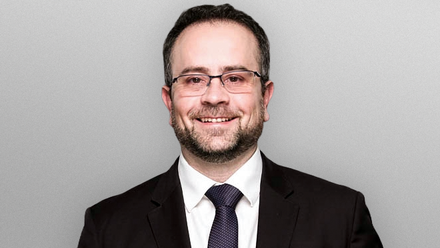Milner Institute delivers Cambridge-Google AlphaFold Workshop
The Milner Therapeutics Institute were delighted to welcome over 120 delegates in Cambridge last week, for a Cambridge-Google Workshop: Learning from Experts in Computational Biology and AI. The event was jointly organised by the Milner Therapeutics Institute, Cambridge AI Club for Biomedicine, and Google, and hosted at Magdalene College in central Cambridge.
The workshop brought together leading academic researchers, industry experts and innovators to explore the fundamentals of AlphaFold – an artificial intelligence (AI) program developed by Google DeepMind to predict the 3D structure of proteins. AlphaFold has so far predicted over 200 million protein structures, helping scientists understand what individual proteins do and how they interact with other molecules.
The event began with a welcome and introduction by Namshik Han – Head of Computational Biology and AI at the Milner Therapeutics Institute – followed by opening remarks from special guest Dong-Sup Yoon, President of Yonsei University.
The first talk of the day was by Oleg Kovalevskiy, who explained the core principles of AlphaFold and provided practical tips for how to interpret results. Hariprasad Radhakrishnan then introduced a variety of Google Cloud–based tools and datasets that support AlphaFold research, highlighting how researchers can leverage cloud computing to speed up protein structure predictions. To conclude the first session, Annalisa Pawlosky discussed a new tool that is currently in development by Google, called “Co-scientist”, designed to accelerate scientific and biomedical discoveries. Hariprasad and Oleg were then joined by Paulyna Magana from the EMBL-EBI, who offered an engaging hands-on demonstration of AlphaFold. This proved to be a popular session, with lots of questions and discussion throughout.
The final session of the day provided an opportunity to view AlphaFold case studies from researchers at the EMBL-EBI. James Stephenson introduced ProtVar, a tool designed to contextualize missense variations in humans, and Chris Thorpe spoke on how his team has used AlphaFold to build a picture of T-cell-mediated immune responses, emphasizing the importance of incorporating diverse information into the training of AlphaFold.
The day concluded with a busy networking session, where delegates were able to ask further questions, and discuss their own research with speakers and colleagues.






